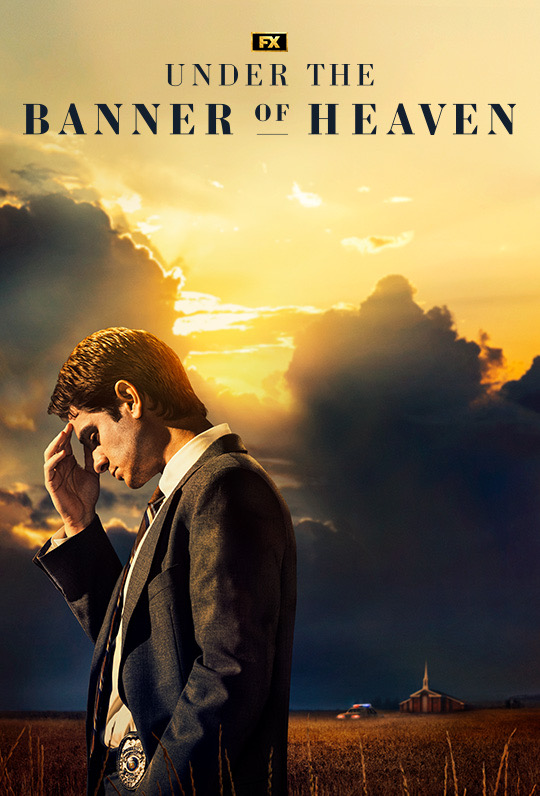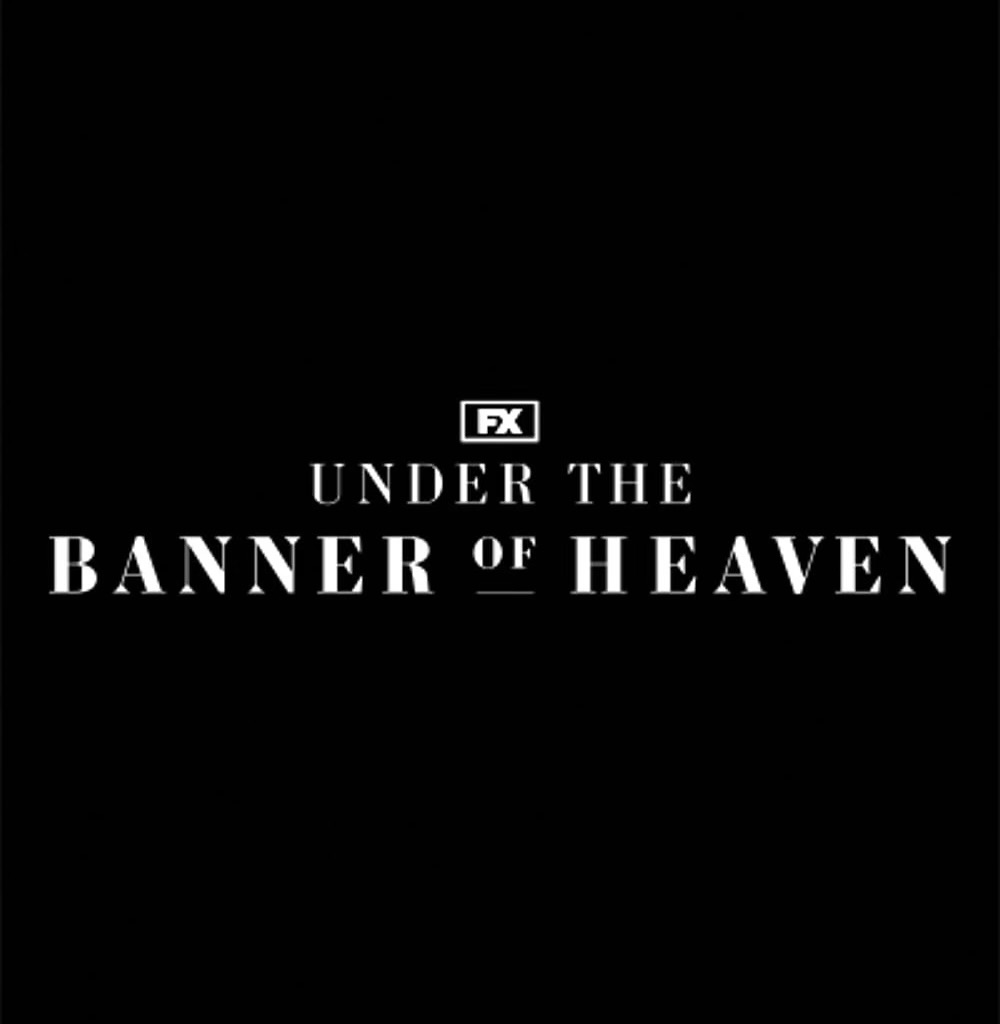In 2003, John Krakauer’s Under the Banner of Heaven hit bookshelves and became an overnight sensation. The story is a is the true-crime bestseller about two men who made headlines after a double murder shook a suburban Utah town. The men, Dan and Ron Lafferty, were raised in the Church of Jesus Christ of Latter-day Saints, but joined the School of the Prophets, a small Mormon fundamentalist group that understood themselves to be the most authentic remnant of the nineteenth-century faith.

Since its publication, the discussion around Banner never stopped. It consistently ranks among the five best-selling books on Mormonism on Amazon. It’s often the first book that non-Mormons will turn to in order to understand their Mormon (usually Latter-day Saint) neighbors). While it’s foolhardy to judge an entire population by a single book, much less one written nearly twenty years ago, it doesn’t stop well-meaning people from recommending it as an authoritative text on Mormonism or Mormon history.
For many, Banner is the only thing they would ever read about Mormon fundamentalism. Folks saw the YFZ raids, read Banner, and considered themselves experts. Fundamentalist history and historians continue to be underrepresented in Mormon history communities. The scholars and activists whose work appears in this series seek to correct gaps, half-truths, and falsehoods in Krakauer’s narrative and provide context that he overlooked in Banner’s narrative.
The scholars and activists whose work appears in this series seek to correct gaps, half-truths, and falsehoods in Krakauer’s narrative and provide context that he overlooked in Banner’s narrative.
Now, on April 28, 2022 the story will once again enter the spotlight with an adaptation by Dustin Lance Black, of Big Love fame. As Hulu audiences anticipate the premiere of Dustin Lance Black’s adaptation, Banner is once again raising significant questions about the Mormon faith (and religion in general), violence, and representations.
While we are not responding to the miniseries, many of the critiques offered here will apply to the miniseries. Part of that is the nature of trying to tell a compelling story through prestige television. Much of that is the flawed text that the organizers drew from. Another aspect is that filmmakers do not have the same ethical responsibility to tell the truth that historians, anthropologists, social workers, and others have in their respective fields. Television programming is not beholden to the same standards as professionals. Artistic license is real. We are grateful to the historians whose consultation made the series better (though they are not responsible for the successes or failures of the series as individuals). We know that those historians see their efforts as a labor of love.
As editors of the series, Cristina and I felt a professional and personal duty to add more information and context to the histories and individuals in Under the Banner of Heaven. Because many of the articles that will respond to the book and series in other venues will focus on Latter-day Saints, many of the authors’ critiques respond to portrayals of fundamentalist Mormons.
At the Salt Lake City premiere of the series, Dustin Lance Black offered audience members a snapshot of his own Mormon experience, and his extensive preparation for the show. He expressed his hope that people would see the diversity he attempted to represent through the faithful and courageous Detective Pyre, and the antagonist murderers who first made the story famous. He also asked that this show not be an end, but a starting point for new conversations about Latter-day Saint history and the broad range of Mormonism.
We consider this collection a living project. If you have something to say and are willing to submit to peer review, please let us know. We value your voice.

LINKS TO ALL PIECES
- Draper, “I was raised FLDS. Banner isn’t my story-but it changed my community’s lives.“
- Rosetti, “Fundamentalist Mormonism is Modern Mormonism”
- Goodwin, “Inescapable Under the Banner of Heaven“
- Buchanan, “A Banner Book: The Publishing History Context for Under the Banner of Heaven“
- Freeman, “Clannishness, Communitarianism, and Krakauer“
- Griswold, “The Many Mormonisms of Under the Banner of Heaven“
- Foster, “Under the Banner of Heaven Revisited“
- Tubbs, “Fundamentalism’s Modernist Backdrop“
- Hatch, “Why are Mormons so Defensive about Under the Banner of Heaven?“
- Fleming, “Are Visionaries Dangerous to Society?“
There are no mormon “fundementalist” groups. They may be called that, but it’s not an accurate description.
Comment by Biff — April 27, 2022 @ 2:37 pm